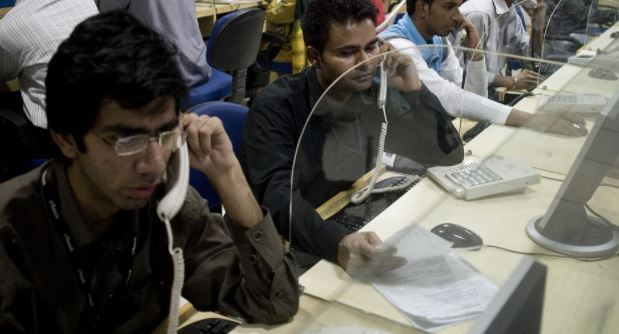Thousands of Canadian citizens have filed a class action lawsuit against the Dell technology company, arguing that their questionable practices have resulted in a massive data breach.
The plaintiffs’ representative mentions that they expect compensation, as for more than two years their customers have been the subject of fraudulent calls and emails, all due to the data breach that exposed the information of at least 7,000 Dell users.
In response to the announcement of the lawsuit, filed on October 1, Dell issued a statement referred to that one of the company’s top priorities is the protection of its users’ information: “The related investigation of the Privacy Commissioner’s Office found that we improved our security mechanisms, implementing complaint investigation and management practices.”
The complaint, which remains awaiting class action recognition, those affected have suffered from multiple inconveniences and anxiety as a cause of this data leak, which occurred at a call center based in India that worked for Dell. In addition, the plaintiffs argue that Dell collected and stored all kinds of confidential information, including its service history, computer equipment data, and personal details.

This information would have been used to try to contact the company’s customers in a highly invasive manner: “Affected users received between 5 and 10 fraudulent calls a day during seven days a week and at all hours. Many users had no choice but to change their phone numbers to stop this aberrant practice,” the demand documents mention.
The lawsuit does not specify the amount the company should cover as compensation, although the court is asked to impose fines for damages, negligence, among other compensations. In mid-2020, a court filed two complaints against the company in which the ruling was in favor of the plaintiffs, so this class action is expected to pose serious inconvenience to the company. However, updating data management policies at Dell could mitigate the impact of the court’s decision.

He is a well-known expert in mobile security and malware analysis. He studied Computer Science at NYU and started working as a cyber security analyst in 2003. He is actively working as an anti-malware expert. He also worked for security companies like Kaspersky Lab. His everyday job includes researching about new malware and cyber security incidents. Also he has deep level of knowledge in mobile security and mobile vulnerabilities.











